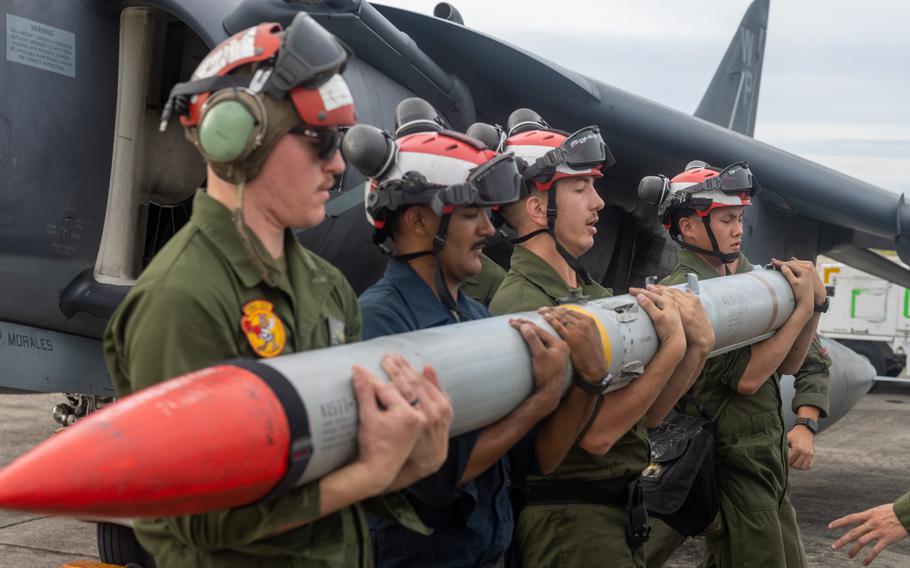US Approves Preliminary $3.5 Billion Missile Deal with Saudi Arabia Ahead of Trump’s Planned Visit
In a significant development that underscores ongoing defense cooperation between the United States and Saudi Arabia, the US State Department has given initial approval for a $3.5 billion missile sale to the Kingdom. The deal, which includes advanced missile defense systems, comes just ahead of former President Donald Trump’s scheduled visit to Saudi Arabia, drawing renewed attention to the strategic partnership between the two nations.
Details of the Proposed Missile Sale
According to a statement from the Defense Security Cooperation Agency (DSCA), the proposed sale includes Terminal High Altitude Area Defense (THAAD) system components, interceptor missiles, and related support equipment. The package is aimed at enhancing Saudi Arabia’s air defense capabilities amid growing regional security threats.
The DSCA emphasized that the sale “will support the foreign policy and national security objectives of the United States by helping to improve the security of a key regional partner.” It added that the missile systems would strengthen Saudi Arabia’s ability to defend itself against potential attacks, especially from hostile missile launches originating in neighboring conflict zones.
Timing Raises Diplomatic Interest
The timing of the approval — just days before former President Trump’s planned visit — has sparked conversation among political analysts and foreign policy experts. While the visit is unofficial, it highlights Trump’s continued involvement and interest in Middle East diplomacy and business relations.
The arms deal is likely to be a topic of discussion during his visit, especially considering the former president’s historically close ties with the Saudi leadership. During his presidency, Trump oversaw record-breaking arms sales to the Kingdom, positioning Saudi Arabia as one of the top purchasers of US military hardware.
Regional Context and Geopolitical Impact
The Middle East remains a volatile region, with rising tensions involving Iran, Yemen’s ongoing civil war, and broader concerns about missile proliferation. The sale is being interpreted as part of a broader effort to bolster Saudi defense infrastructure and reaffirm US commitment to its allies in the region.
Critics of the arms deal argue that it could further inflame tensions or be used in ongoing military operations that have drawn international criticism, especially in Yemen. Human rights organizations have also expressed concern over the potential use of American weapons in conflicts involving civilian casualties.
However, US defense officials argue that the missile systems being sold are primarily defensive in nature and vital for protecting key infrastructure and civilian populations.
What’s Next?
The deal still requires final congressional approval, and lawmakers could raise objections or request further details before the transaction proceeds. However, preliminary approvals like this often signal that the sale will move forward unless significant political opposition arises.
Conclusion
As the US advances this major missile sale to Saudi Arabia, it marks another chapter in the complex and enduring military relationship between Washington and Riyadh. With Trump’s visit on the horizon, the deal is poised to become part of broader discussions about security, diplomacy, and the evolving dynamics of US foreign policy in the Middle East.
Source : Swifteradio.com


